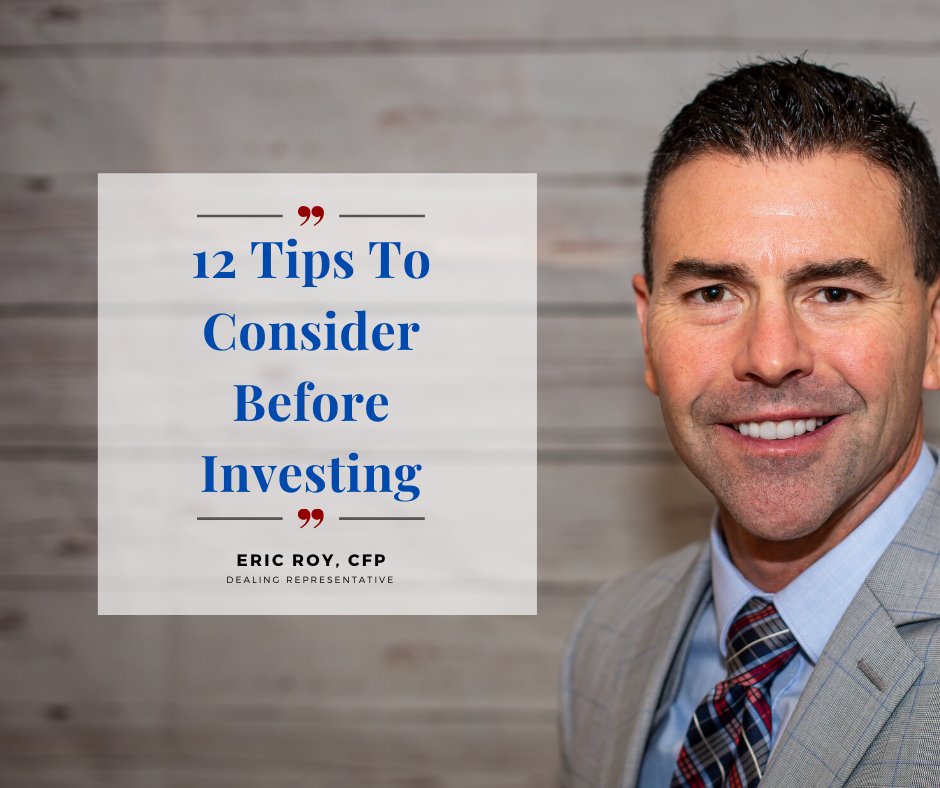Real estate investing has long been used as a way for people to invest for the future and diversify their portfolio. In recent years in particular, real estate investments have seen a spike in popularity, thanks to Canada’s long running, low interest rate environment. According to a recent study, 45 percent of Ontario’s pre-retired homeowners (aged 45 and up) are actually relying on their home’s value increasing to fund their retirement. And even though interest rates are now starting to rise, real estate is still a very appealing and hands-on way of investing your money. However, while investing in real estate can certainly be rewarding, there are also downsides and it’s not perfect for everyone. To know whether or not real estate is right for you, it’s important to dig a little deeper.
The Pros and Cons to Real Estate Investing
It’s important to note that there are many different forms of real estate investing, each with its own set of risks and rewards. For the purpose of this article, let’s take a look at one of the most common forms – becoming a landlord. This type of investing involves buying a residence, an apartment or a house, and renting it out. To begin let’s take a look at the pros – because there are many.
The Pros
Pro #1: You’re able to see a tangible ROI quicker and more regularly. As a landlord, you get to decide on the fixed amount of rent as well as the regular basis that it is to be paid out. As such, this type of real estate investment offers the investor a steady flow of income.
Pro #2: You get more control over your investment. In addition to determining your own rental price, you can have control over things like location, quality, surrounding area and tenants.
Pro #3: Through real estate investing, it is possible to see greater returns versus other more conventional investments.
The Cons
Making a strategic investments means analyzing the situation from all angles. So along with the good, it’s important to assess the potential drawbacks.
Con #1: While there are many upsides to a hands-on investment, the downside is, well, that it’s very hands-on. Unless you invest in additional property management services, you as the owner will be responsible for things like finding and dealing with tenants, facilitating repairs, paying bills and maintaining the property.
Con #2: It can be quite expensive. Even without considering the initial down payment, a property may require an extra investment to make sure it’s in rental condition. Additionally, there is the risk of incurring expensive repair costs caused by damage from your tenants.
Con #3: You cannot always ensure value. In addition to rising mortgage interest rates, you cannot always expect your property to go up in value. If the market should ever take a sudden turn and you need to sell, this could mean losing money.
Whether it’s buying a residence and renting it out, developing a piece of land, or purchasing a commercial property, real estate is a popular way to invest for the future. But it’s important to recognize that real estate investing is not right for everyone. At the end of the day, the key to investing is being strategic about where you put your money. If you’re unsure whether or not real estate is right for you, talk to an experienced financial advisor today.



